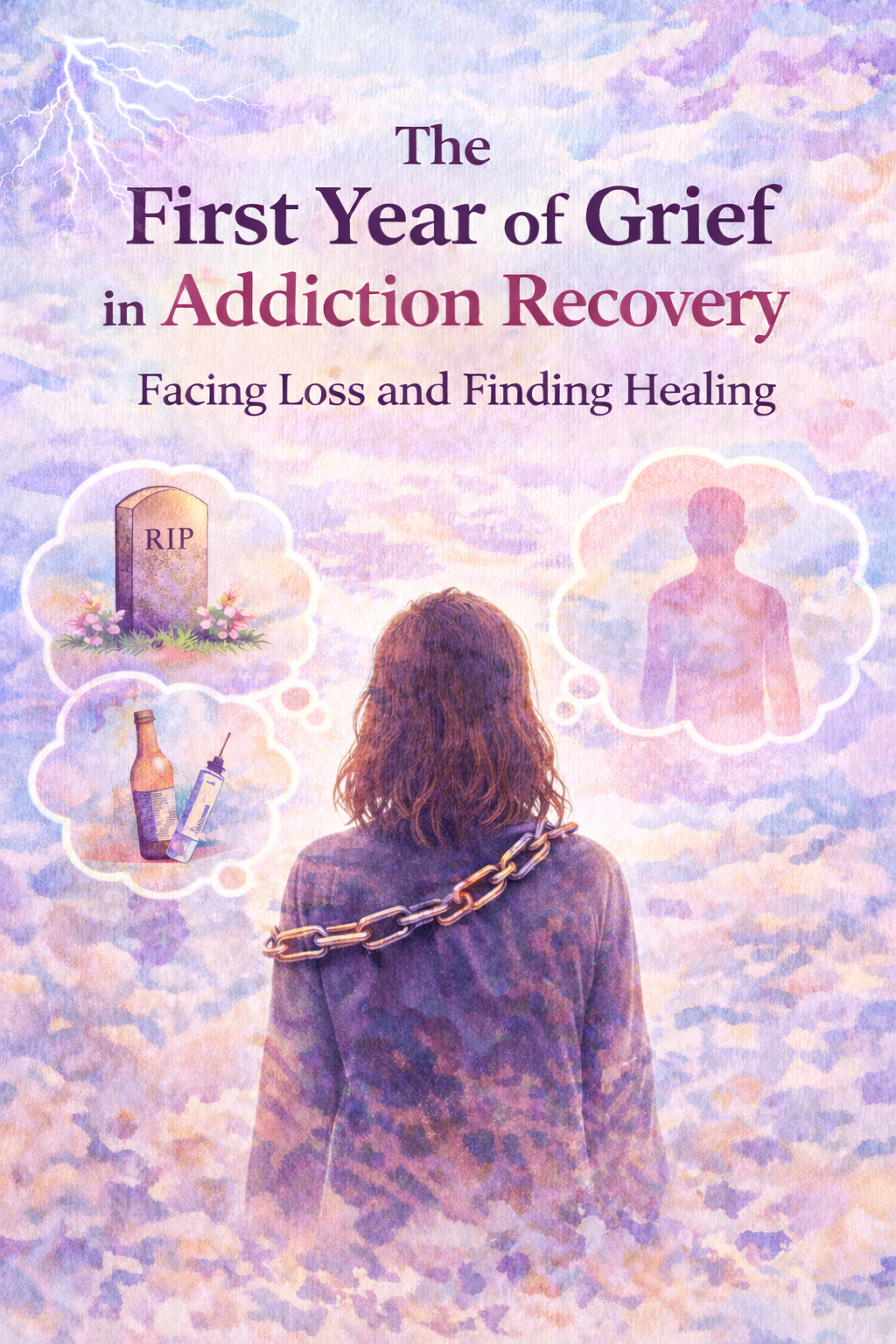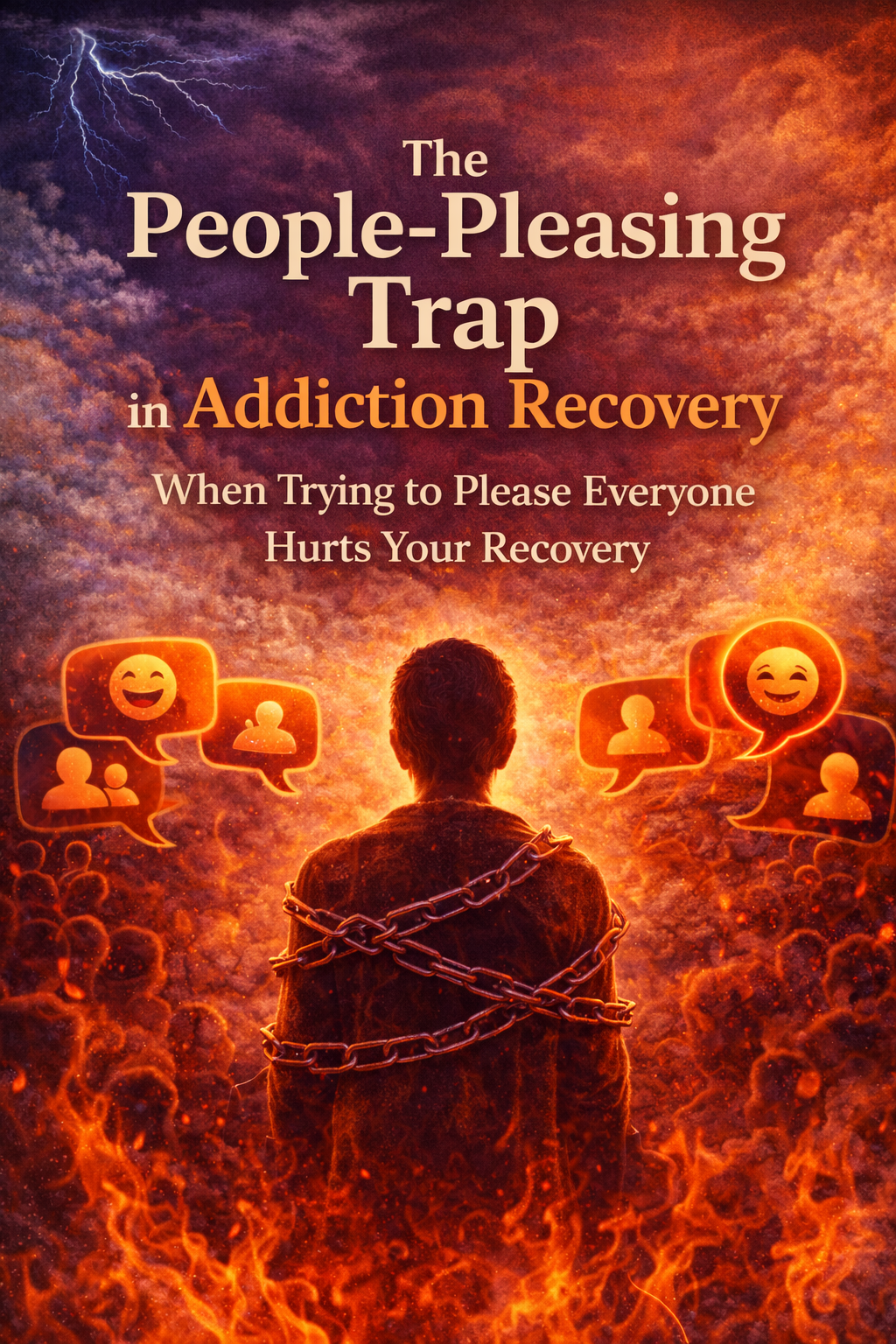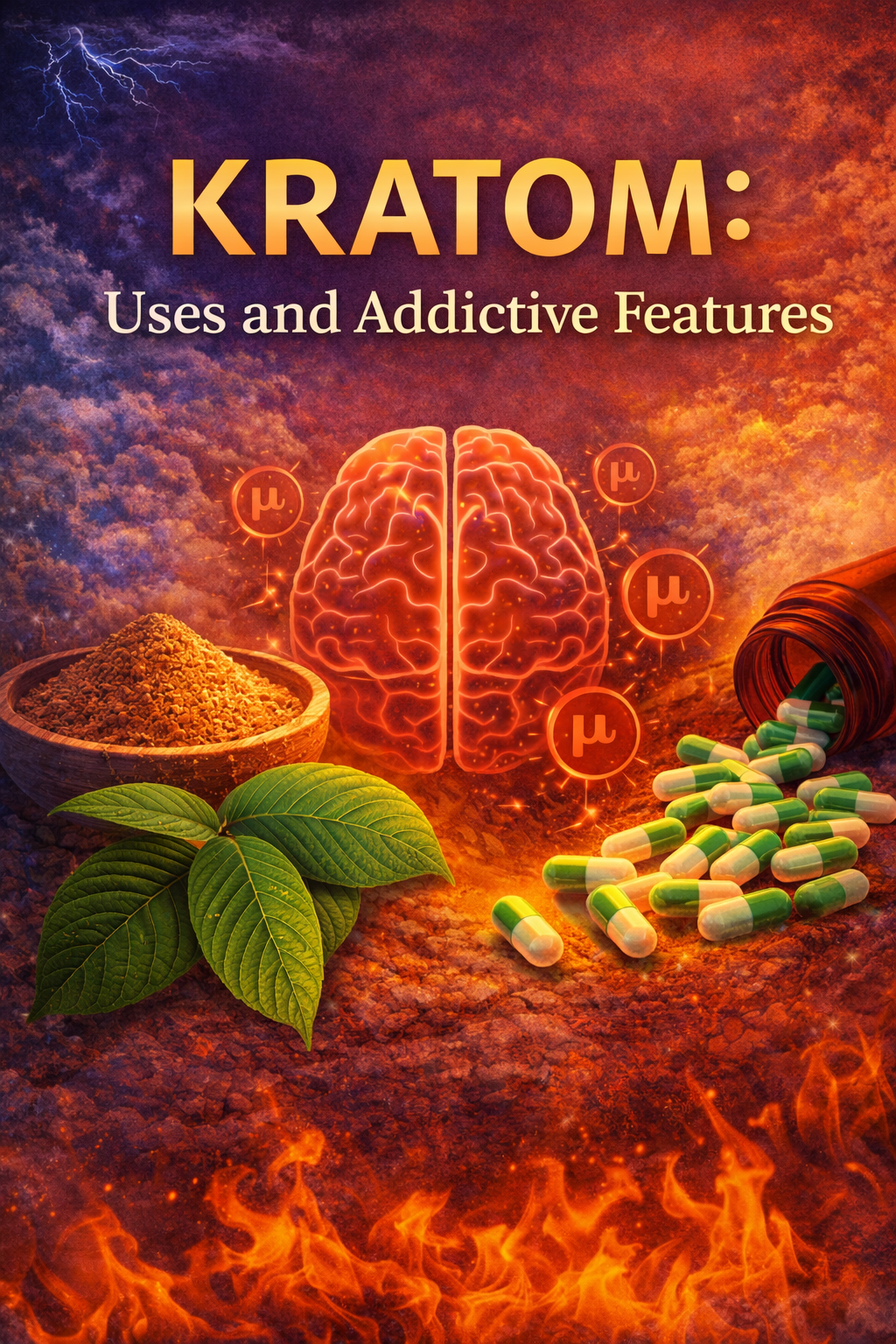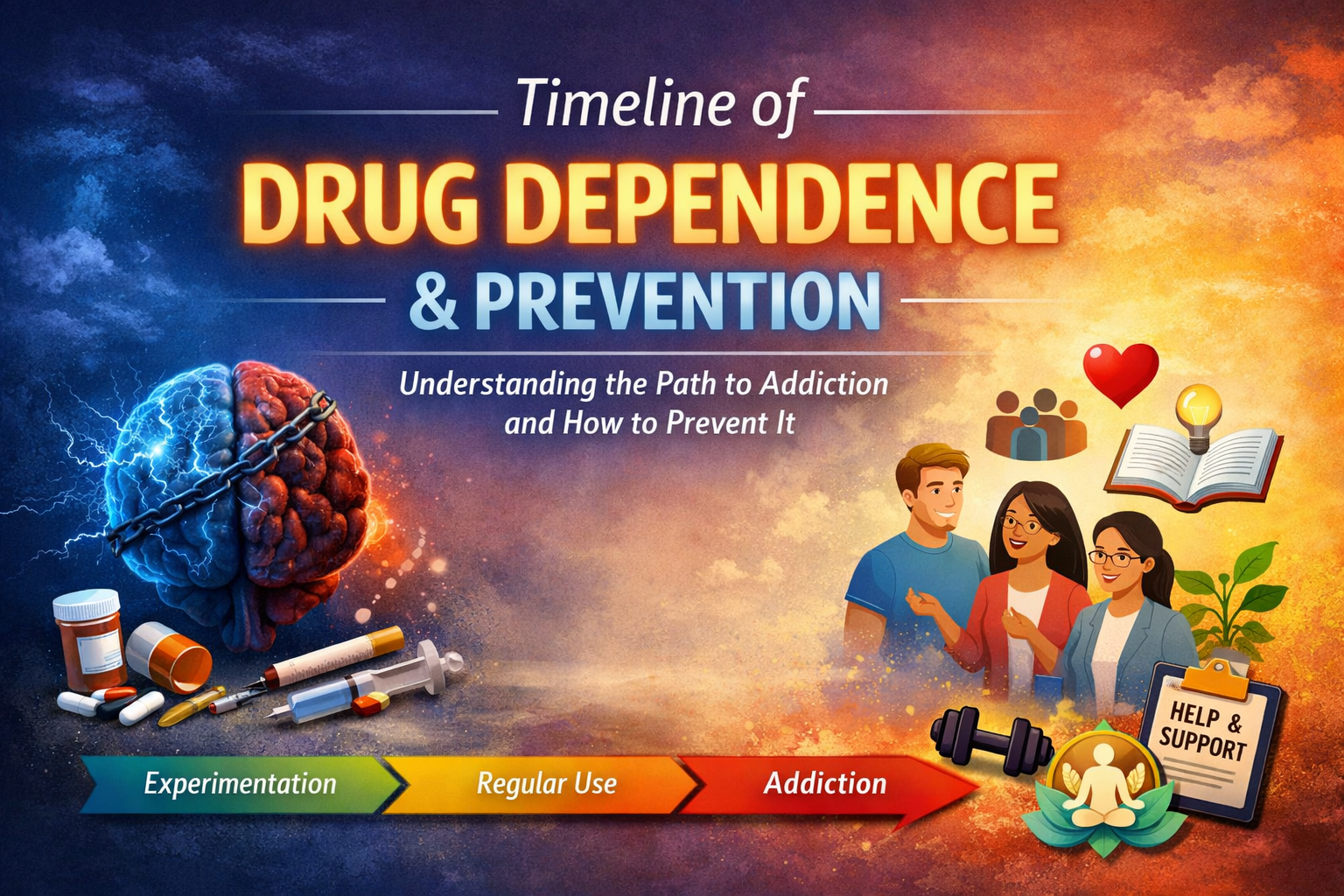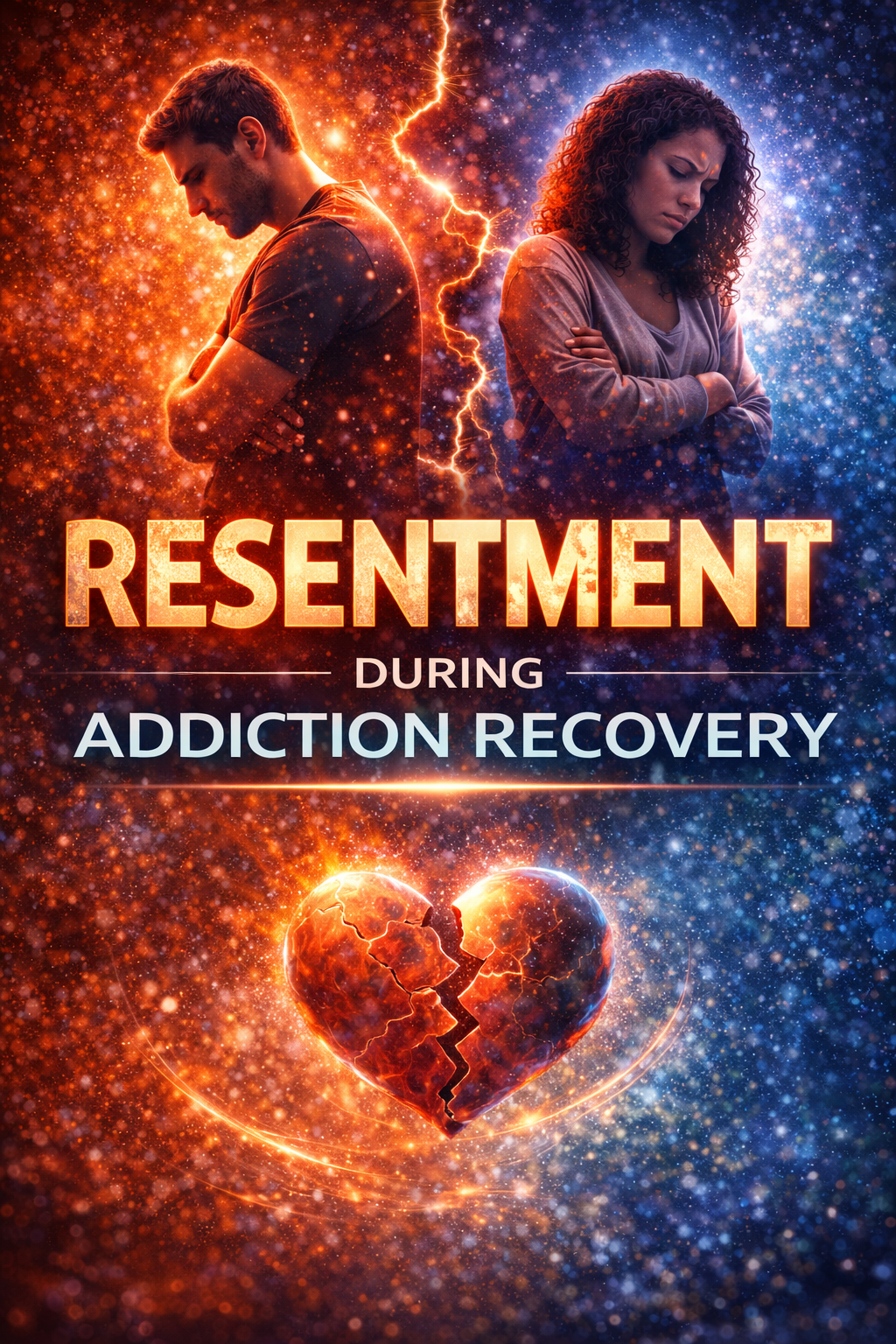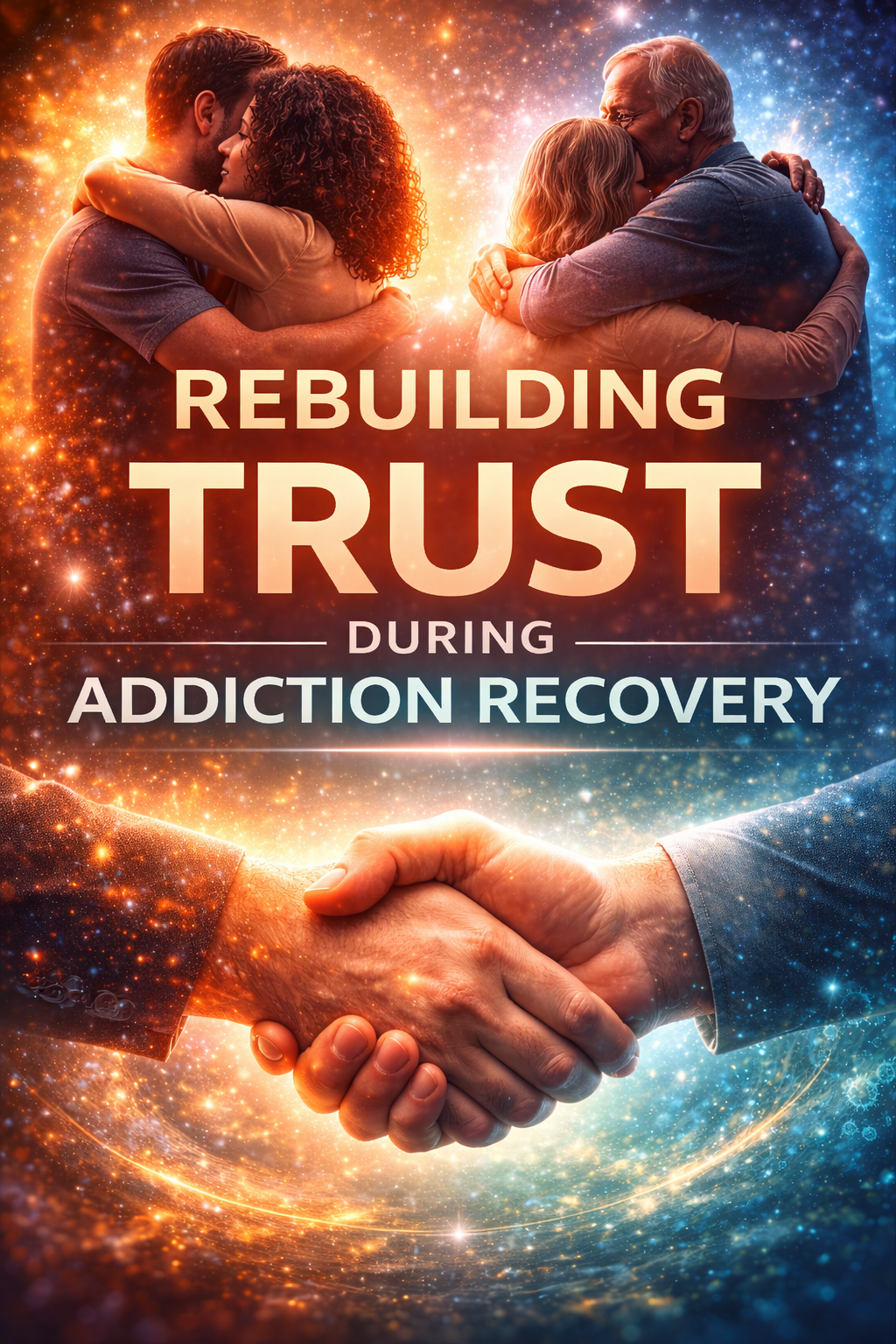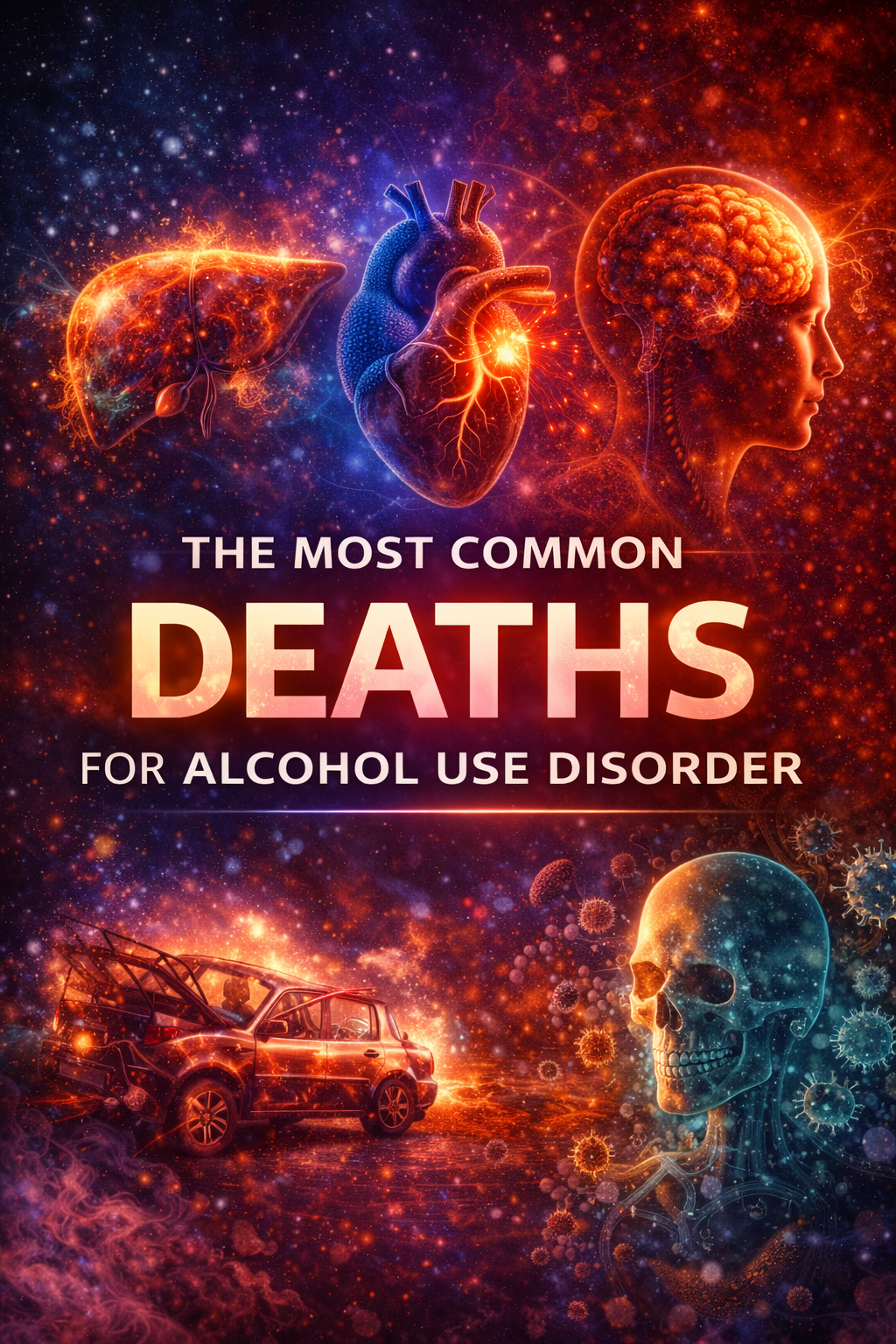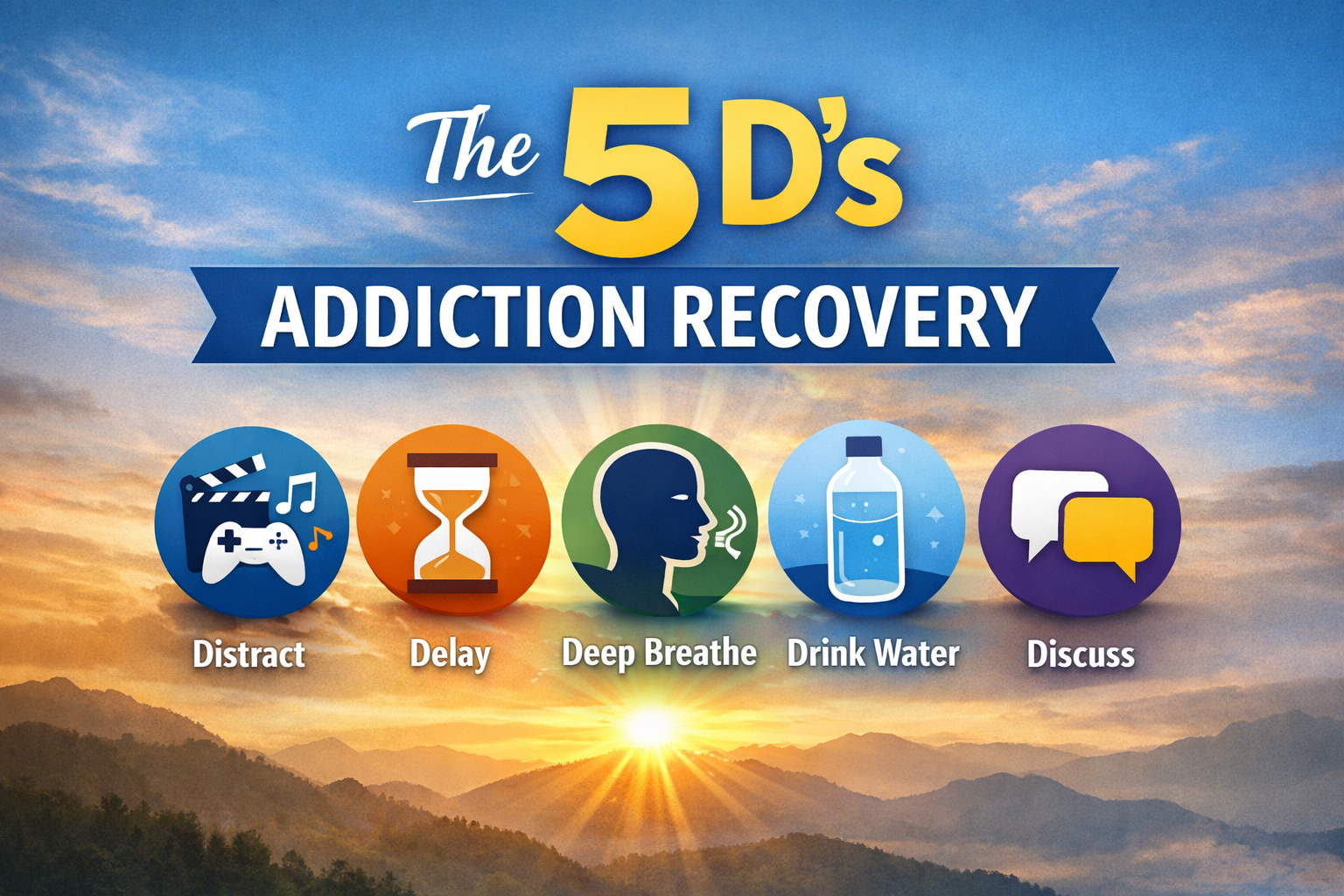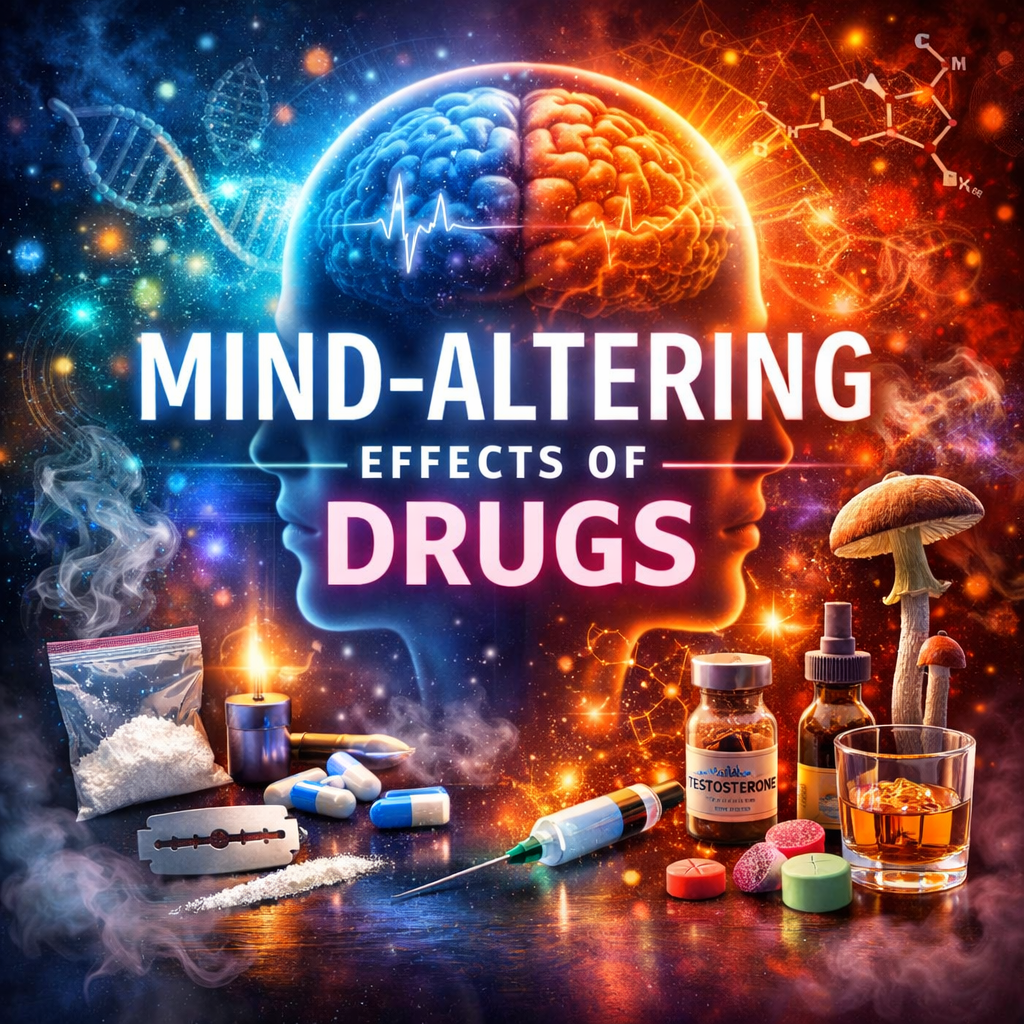Year One: Grief and Growth
The first year of grief in addiction recovery is often one of the most emotionally complex phases of healing. While sobriety marks a critical milestone, it also brings heightened awareness of losses connected to addiction—lost time, strained relationships, missed opportunities, and the absence of a substance that once served as a coping mechanism. As the … Read more
